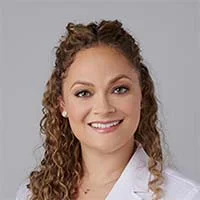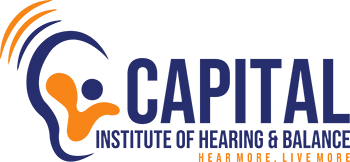Auditory Processing
Central Auditory Processing Disorder (CAPD) is a disorder of the central auditory nervous system, affecting adults and children, as demonstrated by deficits in the processing (recognition and interpretation) of auditory information.


During her tenure at Walter Reed National Military Medical Center, Dr. Lovitt created comprehensive central auditory processing evaluation and management protocols for children and adults.
Possible Signs of CAPD
CAPD May Cause Difficulty with the Following:
The Central Auditory Processing Evaluation
Children and adults who have hearing difficulties, specifically in the absence of audiometrically-measurable hearing loss, should undergo a comprehensive central auditory work-up.
This includes the taking of a thorough inventory of the patient’s symptoms, development, exposures (including history of head injury and noise trauma), other health conditions, behavioral health influences, medications, sleep habits, and educational/occupational challenges. A comprehensive test battery is used to tax the central auditory system, and includes highly specialized tests such as those created to evaluate gap detection, dichotic listening, auditory pattern recognition, and temporal resolution. The results are then analyzed to determine the patient’s particular areas of difficulty and appropriate recommendations are made.
CAPD Management
Management of CAPD is customized for each individual as appropriate based on test findings and the patient’s listening needs, and may include:
Environmental Modifications
Communication Strategies
Auditory Amplification
Auditory Training
Speech-language Therapy
Other Appropriate Referrals
